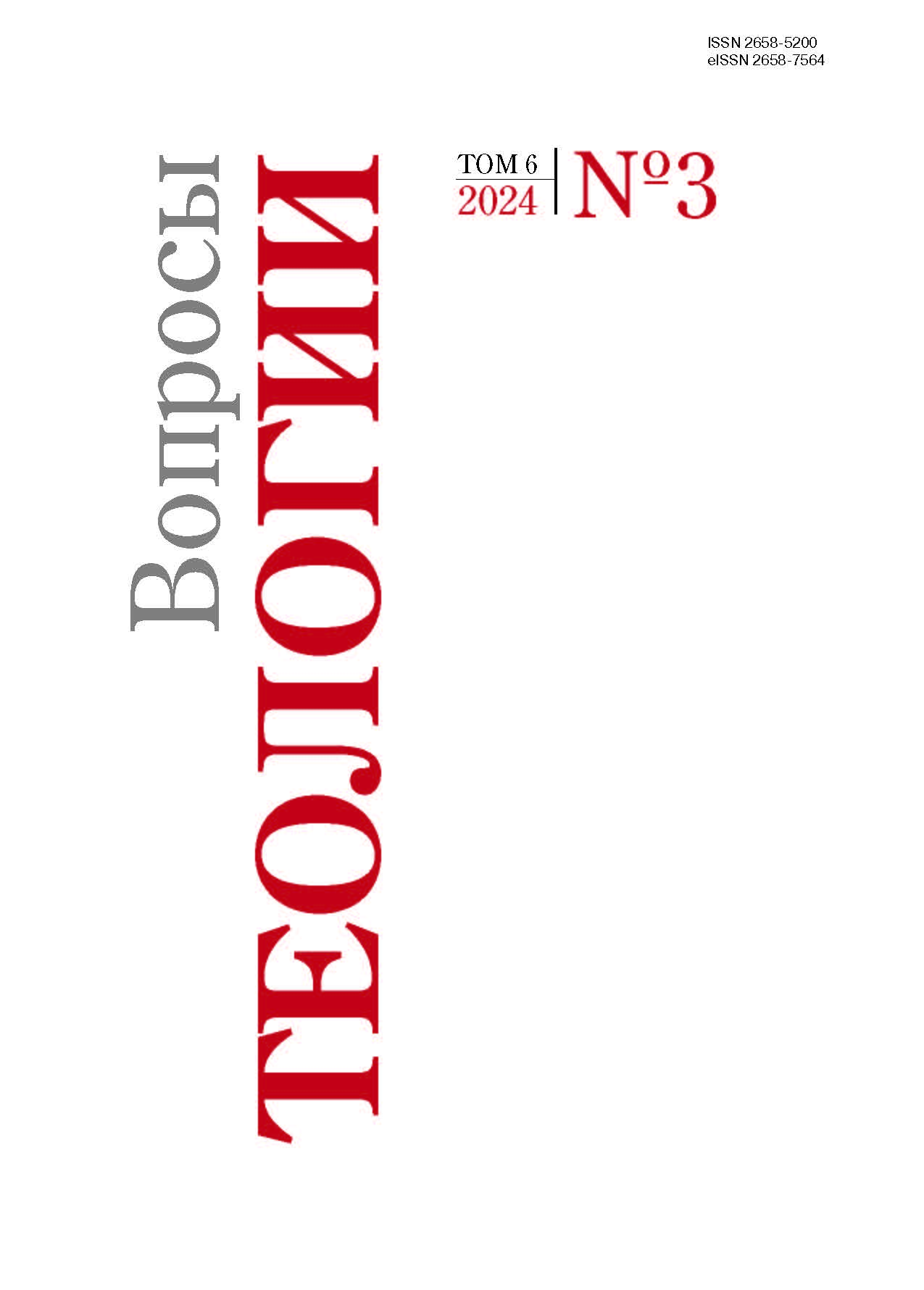Methods of academic theology: Pro et contra of Paul Tillich
DOI:
https://doi.org/10.21638/spbu28.2024.304Abstract
The article focuses on special aspects of theology methodology. The academic specificity of the subject of theology, in addition to developing its own methods, involves turning to methods of the humanities and natural sciences, which have already received scientific recognition. A specific “meeting place” of theology and humanism in the middle of the twentieth century is the academic paradigm of cultural theology, interpreting the reality of culture through theology. A unified understanding of the essence of culture provides the scientific principle of the universality of scientific knowledge in theology. The foreign experience of cultural theology includes several authorial methods of cultural theology. The paper examines Paul Tillich’s correlation method, presented by him in three volumes of “Systematic theology” (1951–1963). Two tenets of the Tillich culture theology system are analyzed: ontology and culture. The correlation method allows you to agree on the content of the theology of culture in relation to the coexistence of two facts of being: divine (non-divine) and human (created). The potential of the correlation method allows us to compare the theological and humanitarian series of concepts in a broad research paradigm without distorting Orthodox dogmatics based on the doctrine of hypostasis. Following the dogmas of the Church during the implementation of the correlation method is ensured by the observance of the antinomian theological judgments based on the dogmas of Ecumenical Councils.
Keywords:
academic theology, method of theology, theology and culture, hypostasis, consubstantiation of hypostases, dogmas of the Ecumenical Councils, dogmatic antinomy, antinomination
Downloads
References
References
Downloads
Published
Issue
Section
License
Articles of "Issues of Theology" are open access distributed under the terms of the License Agreement with Saint Petersburg State University, which permits to the authors unrestricted distribution and self-archiving free of charge.




